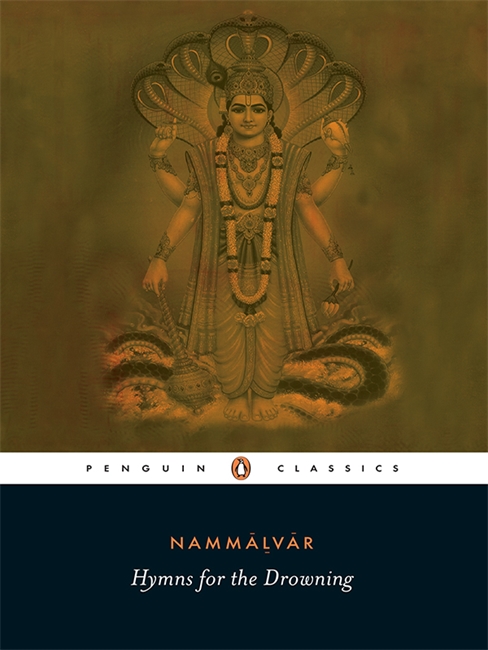
The poems in this book are some of the earliest about Visnu, one of the Hindu Trinity, also known as Tirumal, the Dark One. Tradition recognizes twelve alvars, saint-poets devoted to Visnu, who lived between the sixth and ninth century in the Tamil-speaking region of south India. These devotees of Visnu and their counterparts, the devotees of Siva (nayanmar), changed and revitalized Hinduism and their devotional hymns addressed to Visnu are among the earliest bhakti (devotional) texts in any Indian language. In this selection from Nammalvar’s works, the translations like the originals reflect the alternations of philosophic hymns and love poems, through recurring voices, roles and places. They also enact a progression”from wonder at the Lord’s works, to the experience of loving him and watching others love him, to moods of questioning and despair and finally to the experience of being devoured and possessed by him.
Imprint: India Penguin Classics
Published: Apr/2005
ISBN: 9780144000104
Length : 200 Pages
MRP : ₹250.00